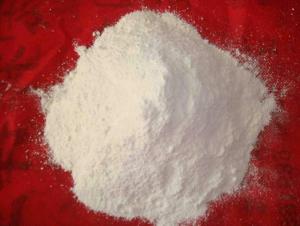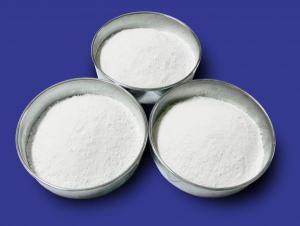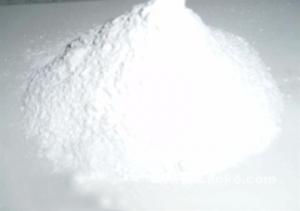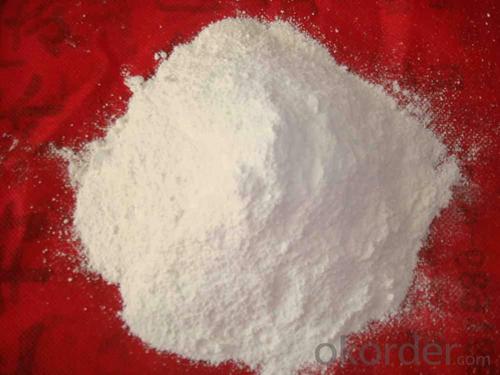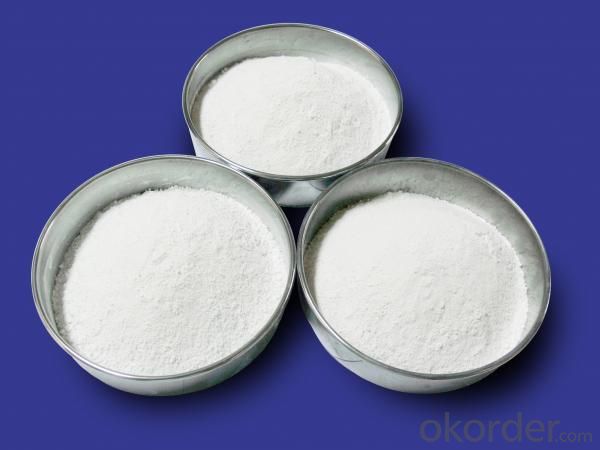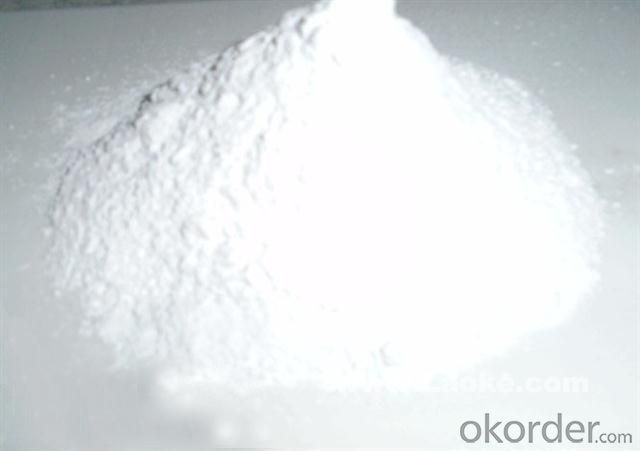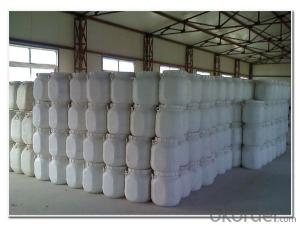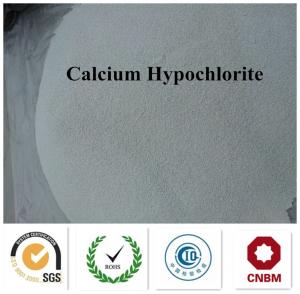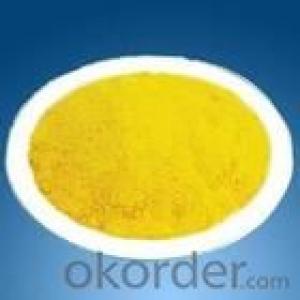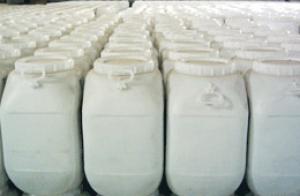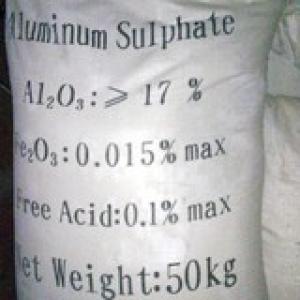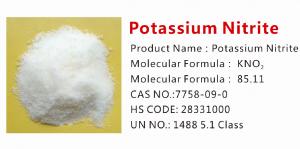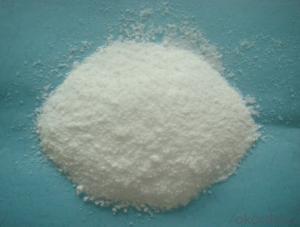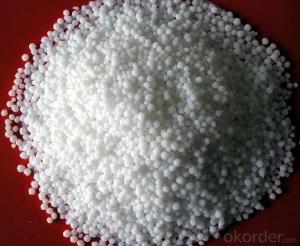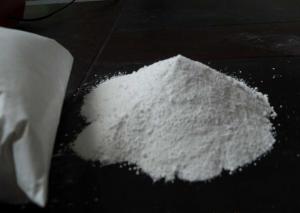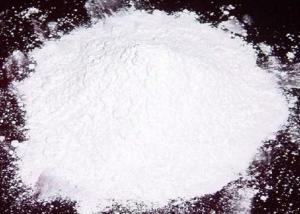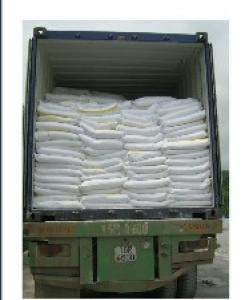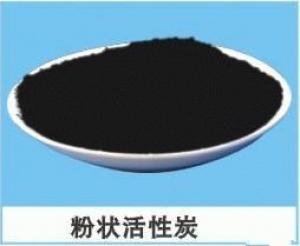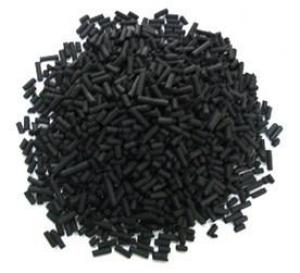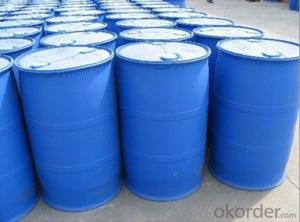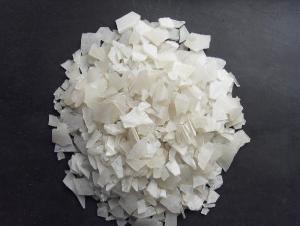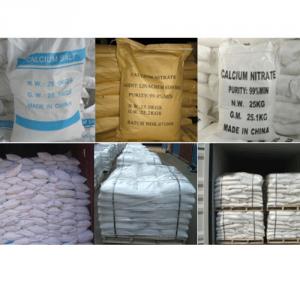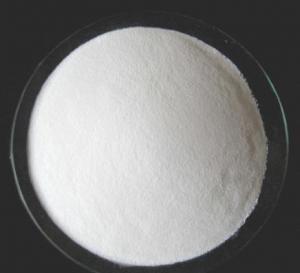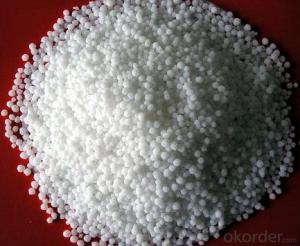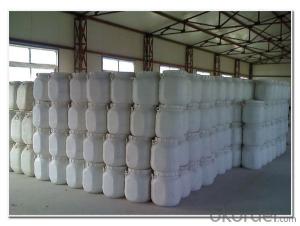Precipitated Calcium Carbonate
- Loading Port:
- Jiangyin
- Payment Terms:
- TT or LC
- Min Order Qty:
- 16 Tons m.t.
- Supply Capability:
- 10000Tons m.t./month
OKorder Service Pledge
OKorder Financial Service
You Might Also Like
Precipitated Calcium Carbonate is one kind of Coated Precipitated Calcium Carbonats(PCC), also called Nano Precipitated Calcium Carbonate(NPCC). We can produce standard precipitated calcium carbonate in different whiteness, purity and fineness according to buyer’s demand.Nano Calcium Carbonate(NCC) as a functional inorganic material or reinforcing agent widely used in all kinds of industrials.Precipitated Calcium Carbonate is a kind of functional fillers which can be used in adhesives&sealants, rubber, plastic, paint, ink, food, etc.
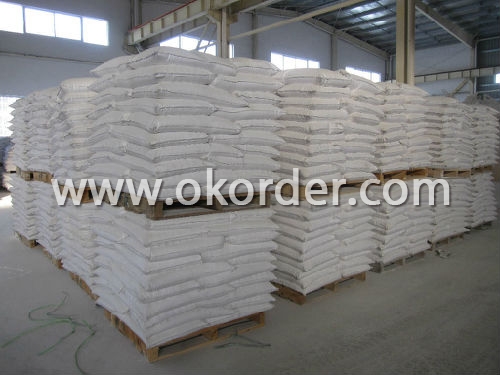
Applications of Precipitate Calcium Carbonate:
The precipitated calcium carbonate is almost always used for a raw material of following goods.
- Plastic: Pipe, Electric wire, Vinyl sheet, Parts of Electric product, Parts of Automobile, Toy, Film, Garbage bag, Container, Tableware, Food Tray, Dish Tray, Toilet table, Bedpan, Chair,etc.
- Rubber: Chemical shoes, Electric cable, Tire, Belt, Hose, Rubber paste, Rubber glue, ect.
- Paint & Coating: Interior, exterior emulsion paint, ect.
- Paper: Art paper, Coating paper, Gravure paper, High quality paper, Medium quality paper, Rice paper, Poster, ect.
- Building Material: Artificial marble, Floor board, Wall board, ect.
- Adhesive, Printing ink, Compound, Glass, Ceramics, Agricultural purpose, Feed, Toothpaste, Soap, Cosmetics, Chalk, Colors, ect.
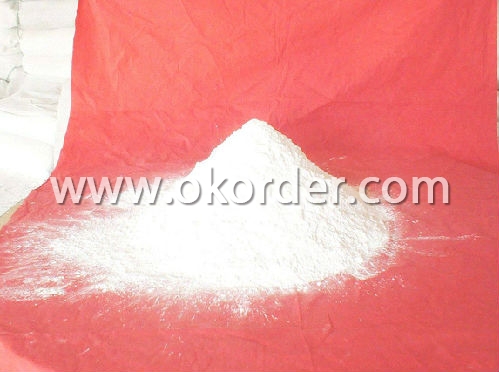
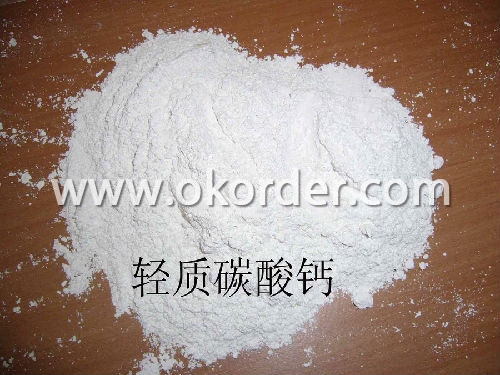
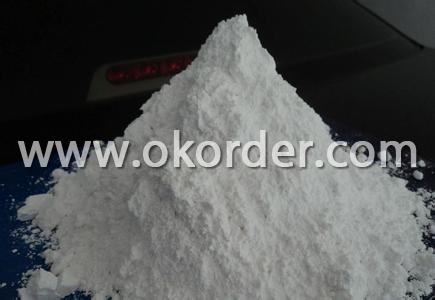
- Q: How to get an inorganic salt
- Inorganic salts are salts of inorganic compounds, formerly known as minerals. Plant growth needs N, P, K three elements and Ca, Zn, B, Mg, S, Fe and other trace elements. Depending on the type and amount of inorganic salts required for plant life, the water and various proportions of inorganic salts are scientifically formulated into plant nutrient solutions. The method of cultivating plants with plant nutrient solution is called soilless cultivation. The inorganic salts used to prepare the nutrient solution are generally not available for extraction, such as potassium nitrate, calcium nitrate, magnesium sulfate, potassium dihydrogen phosphate, copper sulfate, zinc sulfate and the like, and the reagent may be a chemical fertilizer. The purity of the reagent is high and the impurities of the fertilizer are more. If you can not get it, you can use soil leaching solution (fertile soil plus fresh water, the liquid obtained after filtration), which generally contains a variety of inorganic salts.
- Q: Milk food rich in nutrition, in addition to containing a variety of inorganic salts which also contain three types of organic energy can be organic
- How are you
- Q: What is the composition of inorganic salts?
- Most of the inorganic salts in the cell are present in the form of ions
- Q: What is the most important inorganic salt in plant growth?
- The inorganic salts required by plants are nitrogen, phosphorus and potassium containing inorganic salts, and if any lack of plants will affect the normal growth of plants, nitrogen is a component of many important organic compounds in the body, such as protein, nucleic acid, chlorophyll , Enzymes, vitamins, alkaloids and some hormones contain nitrogen. Nitrogen is also the basis of genetic material in all organisms, the most important protein, it is often in the center of metabolic activity.Now is to limit the growth of plants and the formation of the primary Factor. It also has a significant effect on improving the quality of the product.K2 is dissolved in the plant juice, and its main function is related to the metabolism of the plant.The content of phosphorus in the plant is second only to nitrogen and potassium, Phosphorus plays an important role in plant nutrition. Almost all important organic compounds in plants contain phosphorus. Phosphorus is involved in photosynthesis, respiration, energy storage and delivery, cell division, cell enlargement and other processes in plants.
- Q: What are minerals and trace elements?
- Trace elements refers to the body weight of one thousandth of the body weight, daily requirements are generally in the following 0.01 grams can meet the physiological needs of the human body, as we often talk about iron, zinc, iodine, selenium, fluoride and so on. Calcium in the human body due to more content, the daily requirements of several hundred milligrams, it is a macro element.
- Q: Are the inorganic salts mineral and they are soluble in water?
- Generally speaking, inorganic salts, including minerals, inorganic salts are not minerals. Some inorganic salts can be soluble in water and some can not, the vast majority of minerals do not dissolve in water, otherwise the rain on the rocks are not dissolved Is it gone?
- Q: Is bromine an inorganic salt?
- It has many uses such as: · fumigants · flameproofing agents · water purification compounds · dyes · medicines · inorganic bromine (AgBr) is used in photography film · pesticides · water purification · used to make plastics flame retardant · In gold extraction...!!
- Q: What are the nutritional requirements for bacterial growth?
- For inorganic salts: bacteria need a variety of inorganic salts to provide a variety of elements of bacterial growth, which requires the concentration of 10.3 ~ 10.4mol / L elements for the common elements, the need for concentration in the
- Q: What is the difference between organic salt and inorganic salt?
- An organic salt contains a cation or anion that is derived from an organic compound (compounds that contain carbon), e.g. acetate (anion) from acetic acid, or triethyl ammonium (cation), from triethylamine. An inorganic salt is one that doesn't contain an organic cation or anion. Carbonates are not considered organic compounds, even though they contain carbon.
- Q: I am told to find which bottled mineral water brands contain the most mineral salts.But im not sure if the mineral salt here is talking about the common table salt (Sodium Chloride) or the chemical salt (ionic compounds such as sulfate and chloride) or the whole list of dietary minerals (potassium, chlorine, calcium, magnesium, ect.) I normally think it is just the table salt but im afraid I might get wrong. So what is the exact definition?
- Definition Of Mineral
1. Manufacturer Overview
| Location | Anhiu,China |
| Year Established | 2007 |
| Annual Output Value | |
| Main Markets | North America, Southeast Asia, Africa, Mid East, Eastern Asia, Western Europe, Northern Europe |
| Company Certifications |
2. Manufacturer Certificates
| a) Certification Name | |
| Range | |
| Reference | |
| Validity Period |
3. Manufacturer Capability
| a) Trade Capacity | |
| Nearest Port | Tianjin |
| Export Percentage | |
| No.of Employees in Trade Department | |
| Language Spoken: | English, Chinese |
| b) Factory Information | |
| Factory Size: | |
| No. of Production Lines | |
| Contract Manufacturing | |
| Product Price Range | |
Send your message to us
Precipitated Calcium Carbonate
- Loading Port:
- Jiangyin
- Payment Terms:
- TT or LC
- Min Order Qty:
- 16 Tons m.t.
- Supply Capability:
- 10000Tons m.t./month
OKorder Service Pledge
OKorder Financial Service
Similar products
Hot products
Hot Searches
Related keywords
